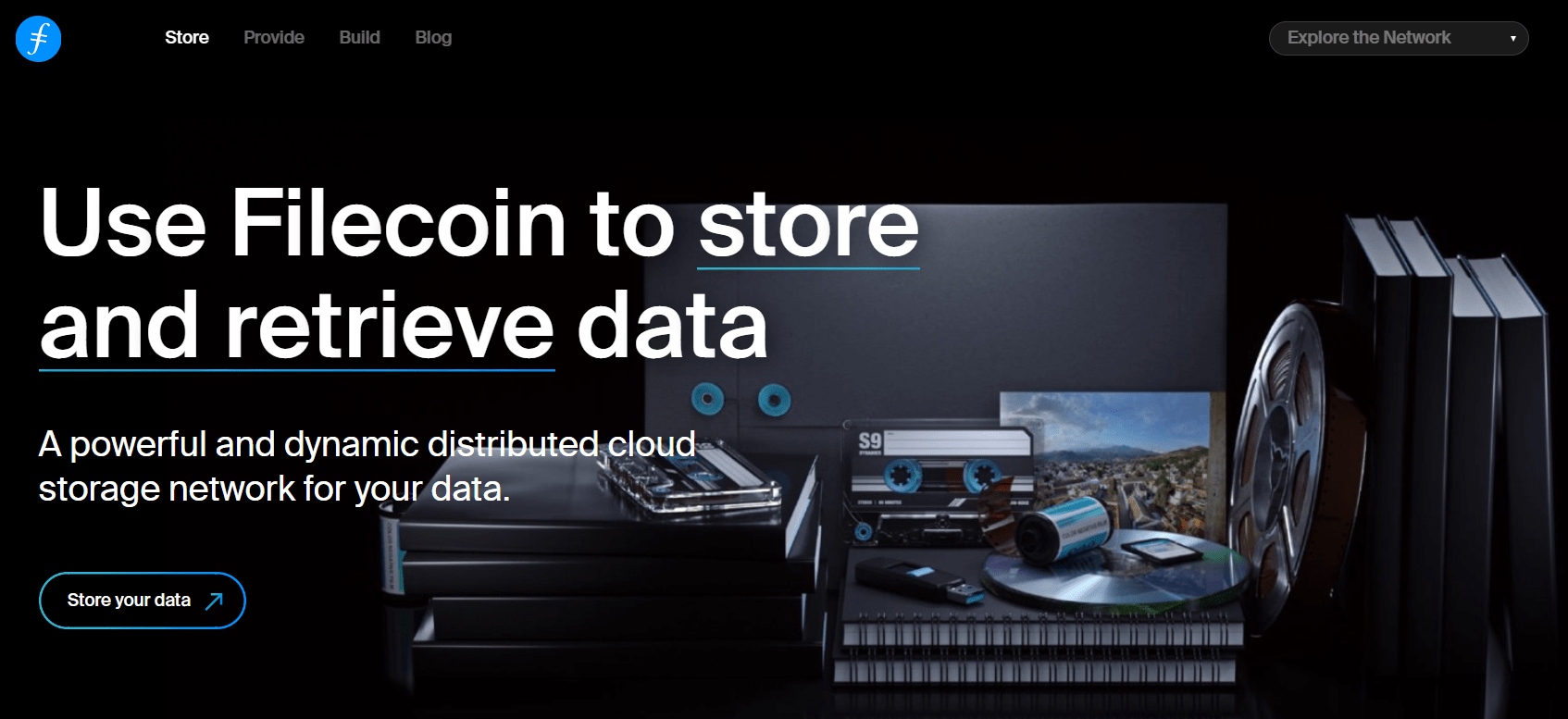A short while ago, the Filecoin Virtual Machine (FVM) became operational (1) on the mainnet. As a result, the blockchain underlying the payment system can now handle additional functionalities.
Smart contracts and the ability for users to program through the Filecoin Virtual Machine are examples of these features. The launch of the FVM on the mainnet enables the great promise of an open data economy to become available.
A Breakdown of the Capability of the Filecoin Virtual Machine to Launch on the Mainnet
With the debut of the Filecoin Virtual Machine on the mainnet, the network can now run programs for the first time.
The network upgrade, which has been given the name ‘Hygee,’ is also the most significant update in the history of the Filecoin network.
Hygee helps programmers to port current EVM contracts in their whole without requiring any modifications, in addition to unlocking a vast potential.

In addition, programmers can port the contracts even when linked to the Filecoin storage and network services.
In addition, developers can deploy smart contracts compatible with the EVM development tool developed in Yul or Solidity & convert them to EVM.
The launch of the FVM mainnet is a pivotal stage in the bigger plan for Filecoin. Its goal is to provide the data economy with unrestricted access and public verifiability.
Storage, computing, and content distribution are the three essential facets of the data economy that stand to gain advantages from this access.
The FVM allows developers to plan and control how information is shared on open markets and how it is monetized there. Its potential is analogous to the process of innovation and command that propelled “smart” devices to their fullest potential in terms of functioning.
In complement to data acquisition and control systems for automated storage dealmaking, the FVM is replete with many other potentials that can be unlocked.
Among these are cross-chain interoperability and improved user-decentralized cloud reliability, which may be achieved through the discovery and reputation of storage providers.
In addition, the FVM contributes to facilitating the communal curation of a useful dataset using DataDAOs.
Also, the FVM encourages the development of a compensation system that acknowledges personal donations to the sea of data made by many business owners, storage providers, and software developers.
The upgrade brings new community pillars on board by linking the rest of Web3 with Filecoin infrastructure. Brave, Ankr, Axelar, Ocean, Sushi, Tellor, and Celer are some examples of these.
Per Filecoin, upwards of 150 apps are now being developed using the tools and resources that FVM provides.
Participants on a Decentralized Network Share Their Opinions
Jared Grey, CEO of Sushi, which was one of the organizations that benefited from the FVM, made the following observation when speaking about the integration development:
“We couldn’t be more excited to integrate with FVM and take advantage of its tremendous smart contract features to improve the experience that Sushiswap provides for its users.
Because of FVM, we can open up new territories for decentralized finance and provide our customers with even more cutting-edge and effective solutions.
We are thrilled to continue our partnership with the Filecoin network and look forward to jointly developing the Web3 of the future.
Sergey Gorbunov, a co-founder of Axelar and one of the people who weighed in on the advantages of integrating Filecoin, said the following:
“The integration of Axelar and Filecoin represents one of the initial use cases of interoperability, which enables the construction of chains with diverse attributes.
For example, decentralized file systems will be composable with decentralized storage across all blockchains, regardless of where the developers decide to construct.
Similarly, Brian Bondy, co-founder and Chief Technology Officer of Brave, stated that the company is thrilled to expand upon the platform’s current support for Filecoin.
According to Bondy, the launch of FVM provides expanded opportunities to construct decentralized web applications and connect with the web itself.
